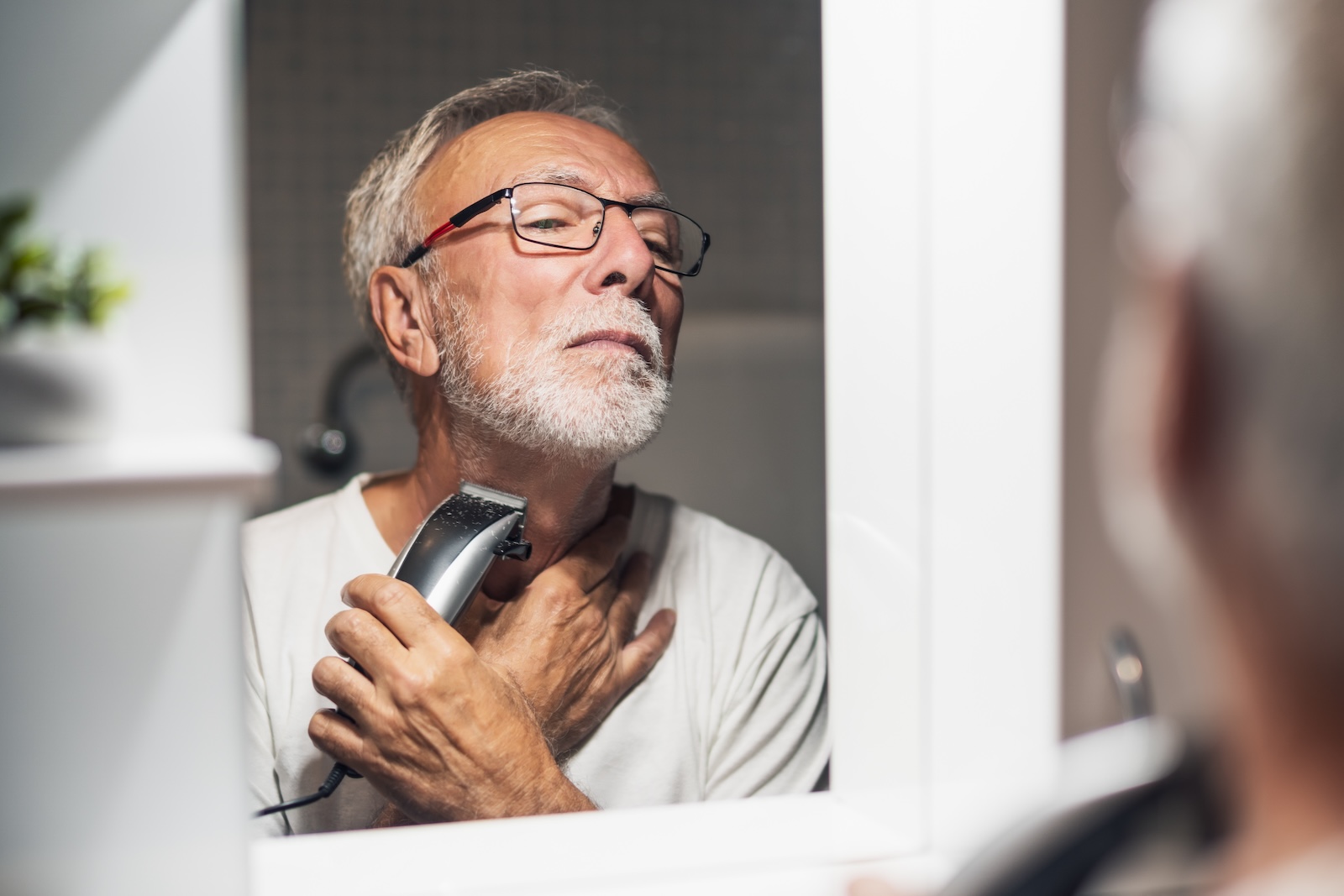Magazine
8 Skincare Myths Debunked

It is easy to conduct big-picture discussions about skincare. We know what steps not to miss in our routines and the importance of using products with healthy ingredients.
Sometimes, however, little details can fall through the cracks leaving men with questions that, when answered, can make a significant difference in how successfully they take care of their skin.
With this confusion often comes myths and misconceptions about what is good for you, what is bad for you, and how you should be treating your skin.
Today, we here at Particle will answer some of your most common skincare questions, breaking them down topic by topic. No detail is too small when it comes to your skin and confidence!
Cleansing Myths
Myth #1: You Only Need To Wash Your Face Once a Day
To maintain your handsome complexion, you should be washing your face twice a day. Throughout the day and night, unwanted dirt and bacteria can gather on your skin.
When these substances are left on your epidermis, they can combine with sebum produced by your sebaceous glands and clog your pores. These clogged pores can result in an infection of acne that spreads to different areas of your face.
To assure that your skin is free of this grime, you must wash your face every morning and every night. While you may feel tempted to wash your face more than twice a day, excessive washing can cause harm to your skin. Your face may become too dry or too oily, resulting in irritation.
The only time you may want to add another wash into your routine is if you participate in a physically arduous activity throughout the day. Physical labor at work or a high-intensity workout midday may call for an extra round of face-washing. Rather than leaving the sweat on your body to mix with dead skin cells or dirt, wash it off in the shower and clean your face in the process.
Myth #2: It Is Beneficial To Use Hot Water To Wash Your Face
Everything you put on your skin will influence its health, and hot water can quickly cause dryness and irritation. You should be using lukewarm water and a high-quality face wash when cleansing your skin.
Lukewarm water is warm enough to open up your pores, allowing your face wash to clean more deeply than it would otherwise be able to. If your water is cold, your pores will stay closed. If your water is hot, your pores will open faster, but you risk the chance of losing natural and necessary oil in the process.
As for a face wash, we recommend Particle Face Wash. Our daily face wash works to remove oil and grime and exfoliate and hydrate the skin. We use premium ingredients like allantoin, panthenol, aloe vera, and glycolic acid to keep your skincare routine simple and effective.
Moisturizing Myths
Myth #3: I Should Avoid Moisturizing If I Already Have Oily Skin
A major misconception about oily skin is that moisturizer increases the chances of getting acne, but this is not necessarily true.
Did you know it’s possible to have both oily and dehydrated skin? Hydration levels are entirely based on fluid intake and have nothing to do with oil produced on the skin. To ensure that your skin stays hydrated, you should use a hydrating face cream every morning and every night.
We suggest using Particle Face Cream to keep things quick with one easy step. Our 6-in-1 cream promises a complete facial treatment for men. Our essential ingredients, including vitamin E, glycerin, and squalane, are designed to moisturize and nourish the skin.
While it is essential to be wary of products that may clog your pores, moisturizers generally do not cause acne. If anything, they can help reduce the chances of blemishes by minimizing dry skin and flaking. It is all about selecting a face cream with the right formula for your skin and its specific needs — and we’ve already done all the hard work for you! All you have to do is actually put it on. Easy.
Myth #4: Skin Naturally Lubricates Itself, So I Don’t Need Moisturizer
Everyone’s body indeed comes with a natural lubricating system. We all have sebaceous glands located all over our bodies, responsible for producing sebum, i.e. body oil. Sebum is a natural oil that travels from the glands through our hair follicles onto our epidermis, where it lubricates our skin and hair.
While everyone benefits from this natural lubrication, the reality of the situation is that this is often not enough to sustain your skin. Skin conditions, poor weather conditions, and the conditions that accompany your unique lifestyle can all contribute to your skin’s lack of moisture.
To keep your skin strong and supple, you should support your moisture barrier by using a face cream twice a day.
Facial Hair Myths
Myth #5: Exfoliation Should Take Place After Shaving
Exfoliating and shaving are both commonplace in men’s skincare routines. While both are important and beneficial, conducting them in the wrong order can result in some serious irritation.
After shaving, your skin is tender. Even with every precaution taken, the skin will often end up with tiny microtears not visible to the naked eye. Using an exfoliator on your vulnerable skin, whether mechanical or chemical, opens up the possibility of damage.
While it may seem strange to exfoliate with facial hair, doing so before a shave can improve your shaving experience. Exfoliation is the process of removing dead skin cells and other unwanted substances from the surface of your skin to avoid acne, premature aging, and other undesirable effects.
When you exfoliate and clean out your pores, they are left more open than before. Shaving after exfoliating when your hair follicles are still open will make it easier for your razor to remove any hair. This decreases the chances of you having to shave over one area of skin more than once, decreasing the chances of ingrown hairs.
Myth #6: Face Cream Should Not Be Used on Facial Hair
Technically, you can apply face cream to facial hair, but if you have beard oil, you should use that instead. Face creams are designed for you to apply directly to your skin. Therefore, when massaged into a beard to moisturize the skin below, it may not be adequately absorbed.
Beard oil can solve this issue. The oil contains moisturizing agents that are easily absorbed and keep your skin and hair healthy as a result. Unlike face cream, beard oil can also double as a styling agent. The product can help tame flyaways and leave you smelling fresh.
Particle Beard Oil is a unique blend of 100% natural oils, including avocado oil, hemp oil, and apricot oil. Together, these ingredients provide you with a fresh, well-groomed look that is both sharp and soft and has maximum hydration and shine.
Simply spread three to four drops of Particle Beard Oil onto your hands and work the oil into your beard and the skin of your chin and cheeks. Consider using a brush or comb to spread the product evenly for lengthier or thicker hair. Repeat this whenever you apply your face cream.
Sunscreen Myths
Myth #7: If My Skincare Products Contain SPF, I Don’t Need Sunscreen
You need to apply sunscreen every morning. Sunscreen is amongst the essential skincare products for men. The purpose of sunscreen is to protect you from the harmful ultraviolet radiation expelled by its rays.
When exposed to the sun’s light without protection, you can accrue sun damage, often referred to as photoaging. Symptoms of photoaging include wrinkling, decreased elasticity, uneven skin texture, redness, and age spots.
To avoid this damage, you must use sunscreen every morning regardless of how visible the sun may be. An effective sunscreen should have a sun protection factor of at least 30.
Myth #8: Only Chemical Sunscreen Works.
Simply put, both chemical and mineral sunscreen do the job. Chemical and mineral sunscreens both protect skin against sun damage. The difference is in the way that they do it.
Chemical sunscreen uses its ingredients to absorb and filter out the sun’s ultraviolet rays before they can cause harm. Differently, mineral sunscreen uses its ingredients to physically block the ultraviolet radiation from getting to your skin.
You are welcome to take your pick at either a chemical or mineral sunscreen. However, what is not up for debate is whether it is broad-spectrum. It is vital that whatever sunscreen you choose is labeled as broad-spectrum. Broad-spectrum sunscreens defend against both UVA and UVB rays.
UVA rays tend to damage the skin internally, later resulting in wrinkles and age spots, while UVB rays directly damage the outer layers of skin and cause your skin to burn. Both are harmful, and you should protect your skin against them.
Conclusion
In conclusion, no question is irrelevant when it comes to skincare. Even the most minor adjustments, like changing how often you wash your face or apply your products, can help you obtain and maintain a healthy and handsome complexion.
If you are looking to improve your skin health or maintain healthy skin, Particle can help— because skin health isn’t a problem until it is.
Sources:
[The sebaceous gland] | PubMed
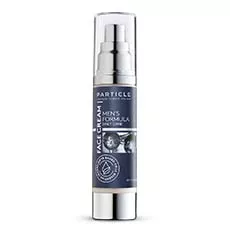
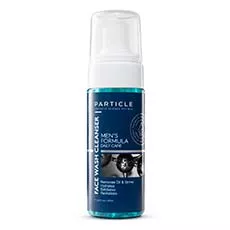
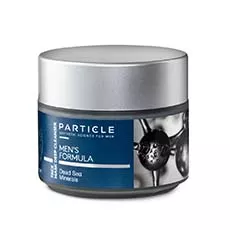
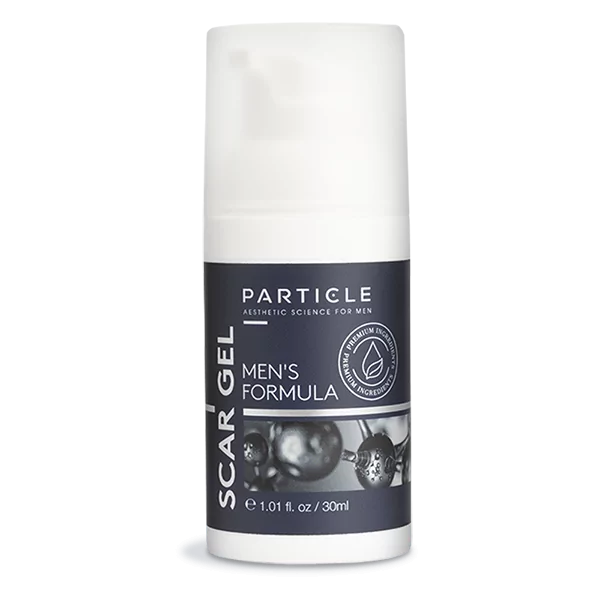
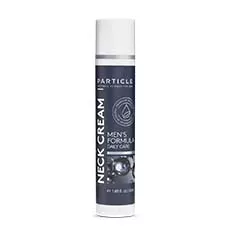
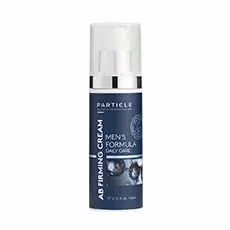
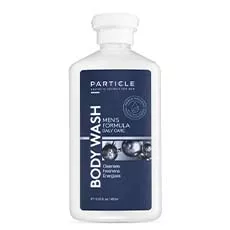
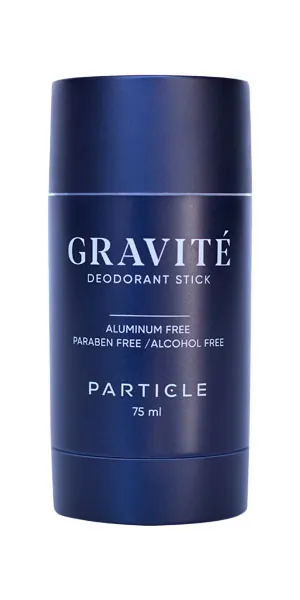
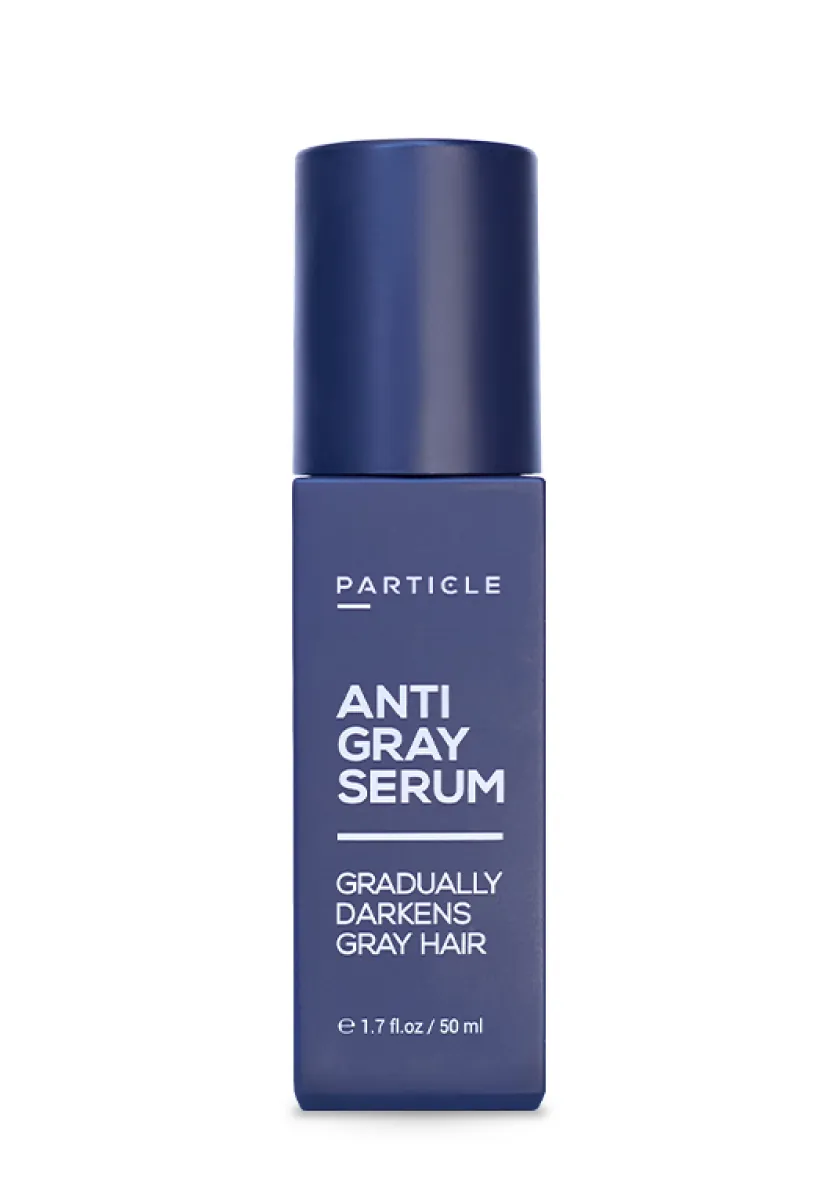
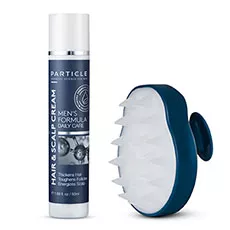
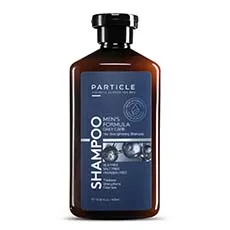
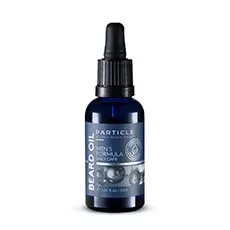
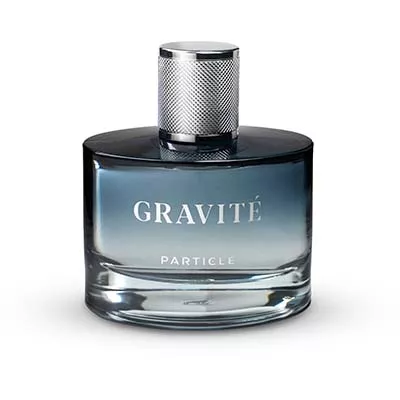

 au
au














